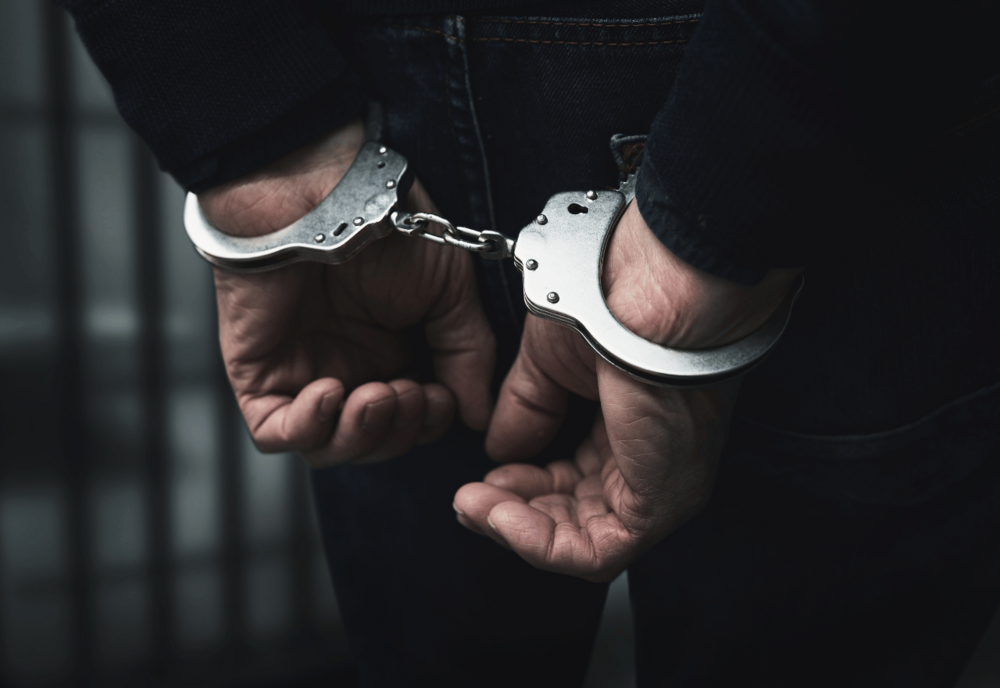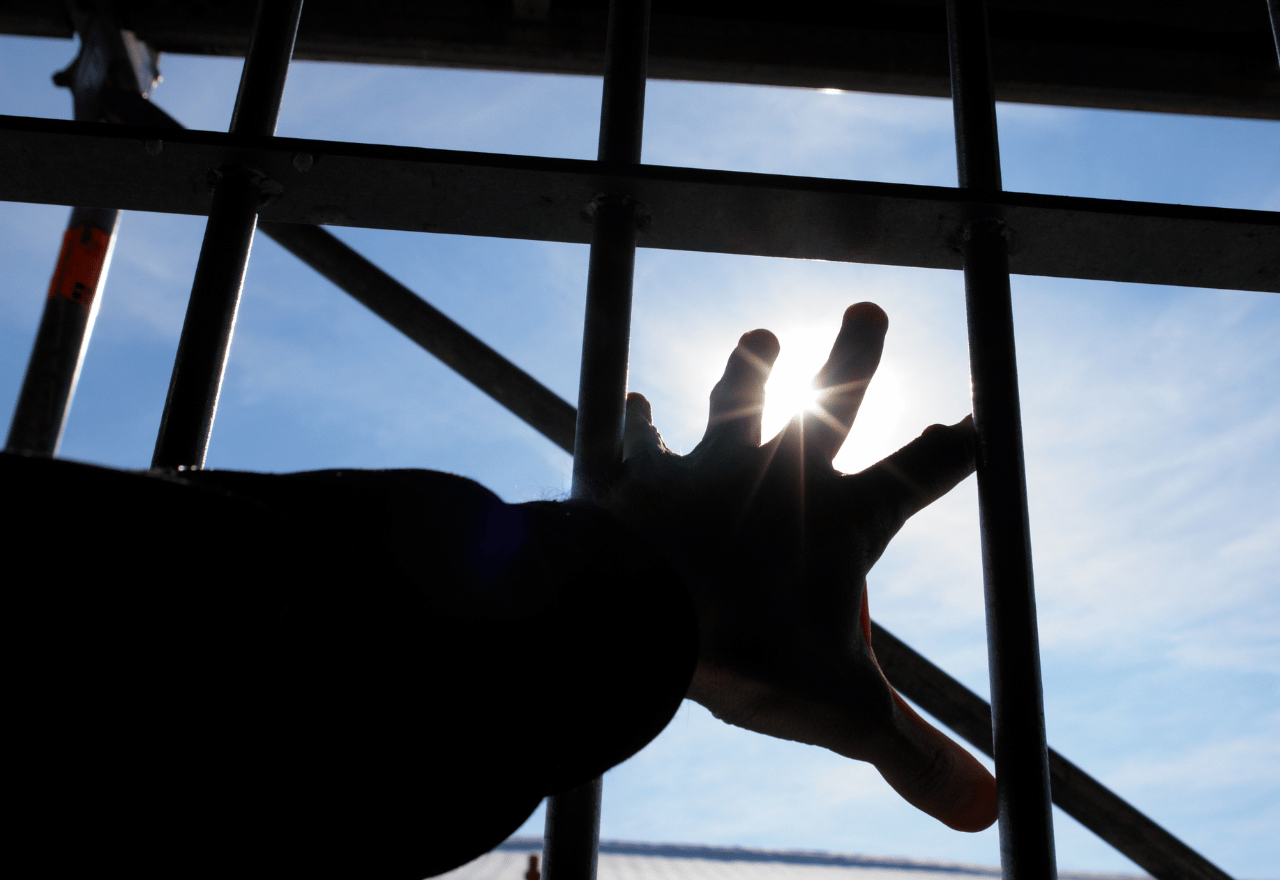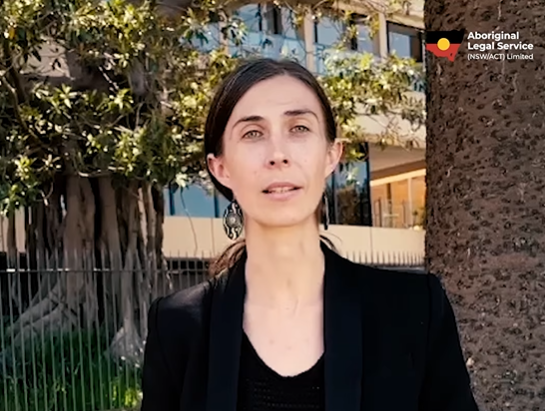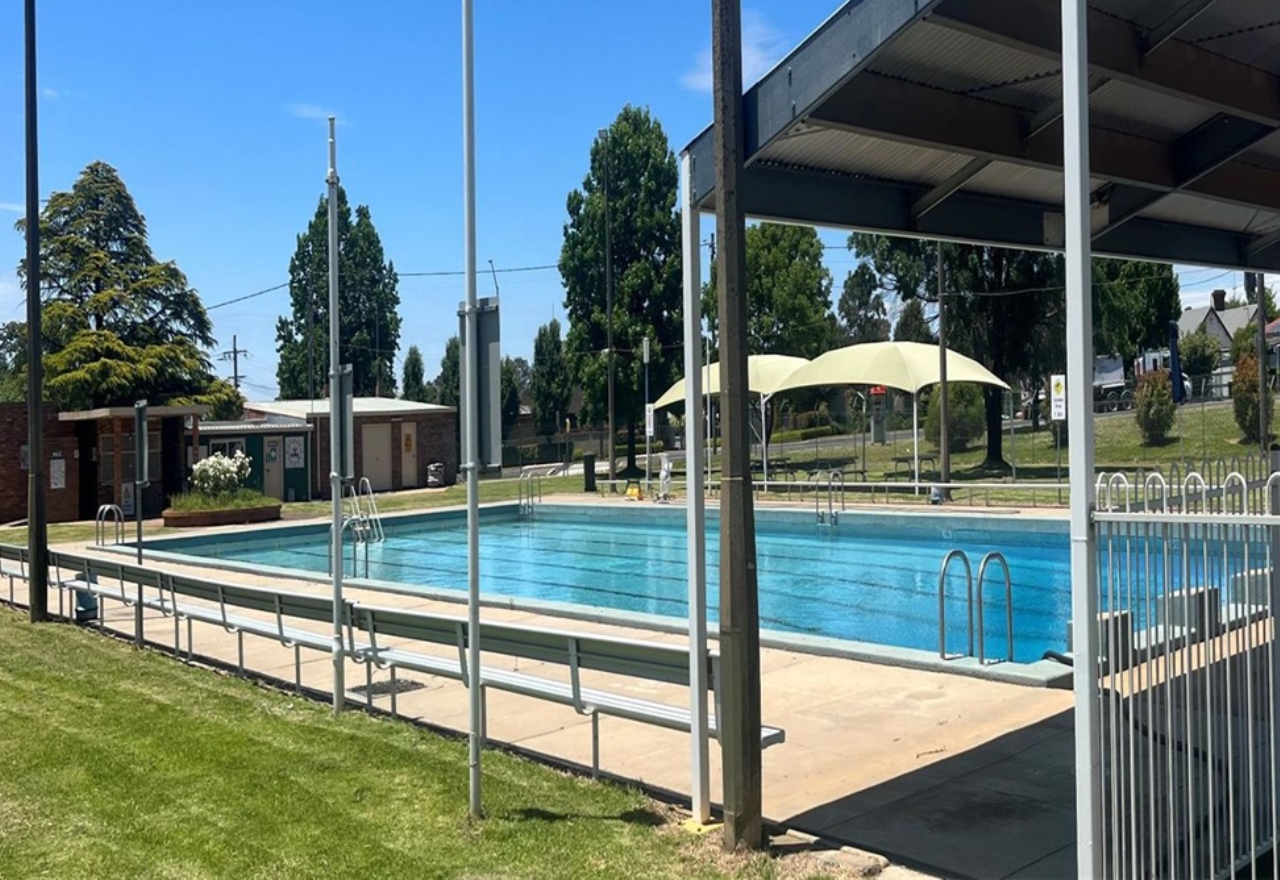New bail laws could create "chaos": Aboriginal Legal Service
Farren Hotham
22 June 2025, 9:20 PM

Chief Executive of The Aboriginal Legal Aid Service Carly Warner says new bail laws from July 1 in NSW is going to stretch her staff to the limits and says without more funding in this week's budget she predicts ‘chaos’.
NSW Attorney General Michael Daley says ‘’The NSW Government has passed new laws to strengthen community safety by making it harder for alleged domestic violence offenders to get bail, and ensuring all bail decisions are made by magistrates.
"Under the new law, people charged with serious domestic violence offences will be required to show cause why they should not be detained until their case is determined – reversing the presumption of bail.’’
Under the new framework:
- A young person charged with a serious indictable offence who has previously committed similar offences may now have to show cause why they should not be detained.
- Courts are instructed to place greater weight on community safety when making bail decisions.
- Police are granted broader powers to impose bail conditions that include curfews, electronic monitoring, and mandatory residence orders.
Some state and national legal and community organisations have voiced strong concerns regarding the tightening bail laws for young offenders.
The NSW Law Society has described the changes to bail laws as a retrograde step, particularly concerning young Aboriginal children.

However, some local councils and community groups have backed the push for stronger bail conditions, especially where community safety, and the safety of young offenders themselves, may be compromised.
The ALS says the devil is in the detail.
From July, all people who are refused bail by police in regional NSW will appear before a centralised ‘virtual’ bail division, without any funding to the ALS to represent Aboriginal children and adults facing the new online courts.
Karly Warner says that if the NSW Government doesn’t provide additional resources to the ALS to accompany these changes an estimated average of nearly 40 Aboriginal people every day may not have access to culturally safe legal services.
“This is going to be chaotic, dangerous and unjust,” Ms Warner said.
“We are already seeing our clients languishing in police and court cells for dangerous periods of time waiting to make a bail application due to increases in remand following changes the NSW Government has made.”
“The NSW Government has now made changes to policy without considering the impact on Aboriginal people and the Aboriginal Legal Service."
"To date the Aboriginal Legal Service has not received the necessary investment from the NSW Government to accompany legal system changes that disproportionately harm Aboriginal people, despite the life-saving support we provide to thousands of Aboriginal women, children and men each year.
“As we approach the end of this financial year, the state government knows about the resourcing we need to provide the critical services our clients deserve, but when it comes to investment in policy reform, it seems our clients are not a priority.

Karly Warner, Aboriginal Legal Service. [IMAGE: ALS]
“We are concerned that these court changes, coupled with recent policies and laws which are driving more Aboriginal and Torres Strait Islander people into contact with police and prisons than ever before, are being rolled out without any consideration of the investment needed for us to simply do our jobs.
“If the NSW Government neglects to fund our services, it will be a devastating step backwards for Aboriginal and Torres Strait Islander people in regional NSW who may no longer be able to access the ALS in their bail matters, a time when they are at their most vulnerable.
“This is a critical point where the Attorney-General has the opportunity to make a sensible decision – one that will impact nearly 300 Aboriginal adults a week – and commit to the government’s obligations under Closing the Gap,” says Ms Warner.



